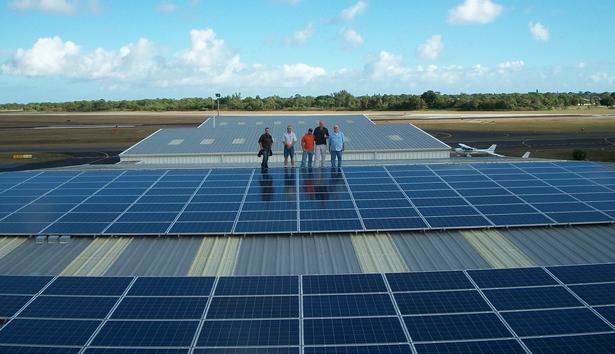Tuesday, 03/03/2026 | 18:03 GMT+7
Local manufacturers who pay the lowest power tariffs in East African Community (EAC) region will further improve their competitiveness if they adopt efficient energy technology.
“Although we enjoy lower power tariffs in the East African region, we still pay very high compared to industries in SADC region who are our competitors,” said Confederation of Tanzania Industries (CTI) Director of Policy and Advocacy, Hussein Kamote.
Mr Kamote who was making a presentation on Energy Efficiency Programme to CTI stakeholders last week, said because local manufacturers face competition from Southern Africa Development Community (SADC), there is need for energy tariffs to drop further.
“Our production costs are higher because of factors such as delays in clearing goods from Dar es Salaam port which takes up to 10 days compared to Beira and Mombasa which on average do it in 7 days,? Kamote argued.
According to Tanzania Industrial Development Organization (TIRDO), the energy bill accounts for between 15 and 40 per cent among local manufacturers hence representing the largest share of production costs.

“In 1970s, Denmark used to have the same problem of poor energy use which forced us to adopt measures to address the problem as global oil prices were high,” said Jesper Friis who is Regional Manager with Confederation of Danish Industries.
Mr Friis whose institution is working CTI backed by Danish International Development Agency to address the problem of energy inefficiency among local manufacturers pointed out that many companies spend more on energy because of poor technologies used.
He pointed out that it is in the interest of Denmark to assist the country’s local industry become more competitive because future bilateral trade between the two countries will be more vibrant.
“We want to see much more efficient use of energy among Tanzanian industries like what is happening to Kenyan manufacturers,” Friis noted.
Among measures which Friis advocated to address the problem of efficient energy use, includes use of modern compressors, boilers and motors which constitute the bulk of intensive energy consuming gadgets at factories.
Among the many Kenyan companies which are assisting industries to address excessive use of energy through use of modern technologies include Lean Energy Group.
Anh Tuan







